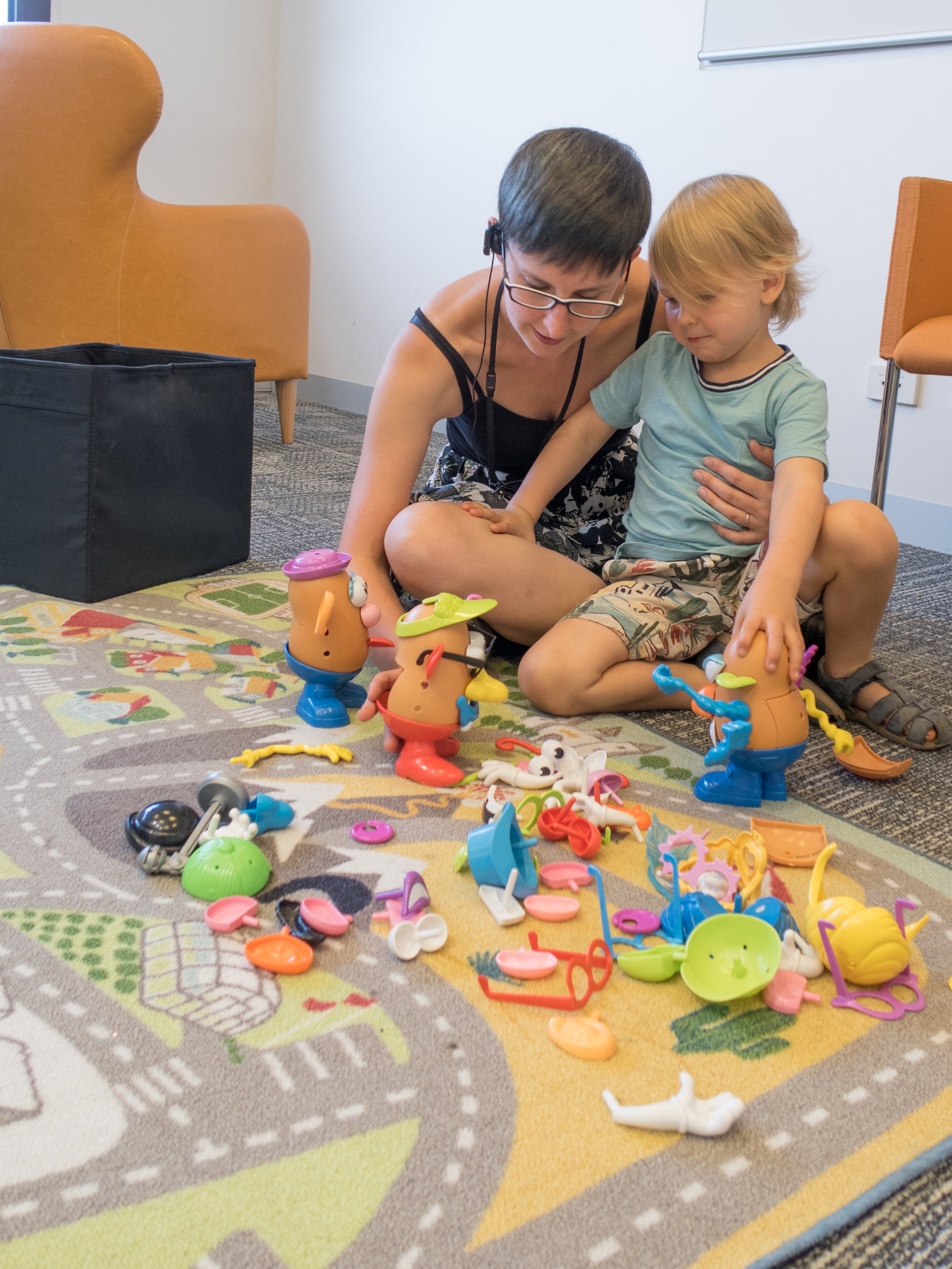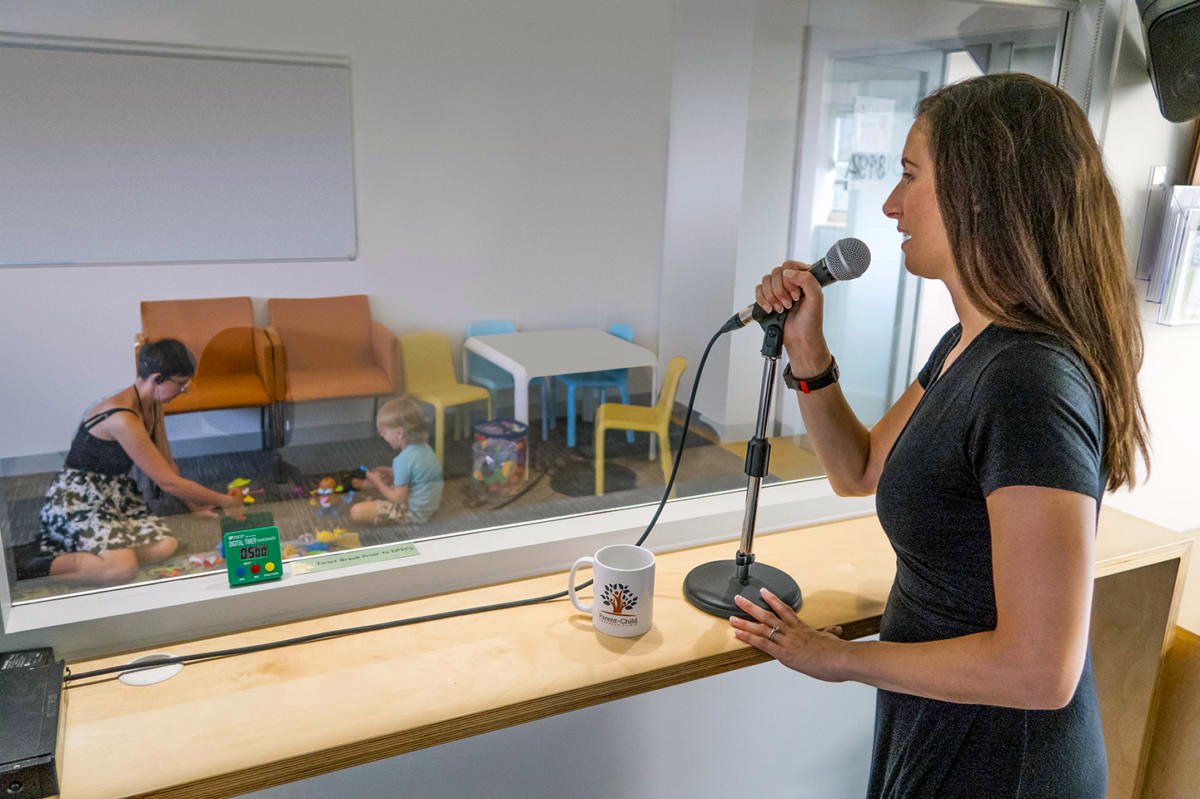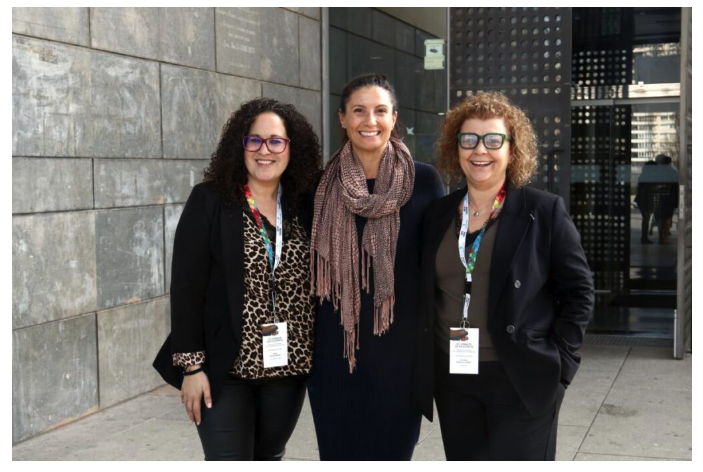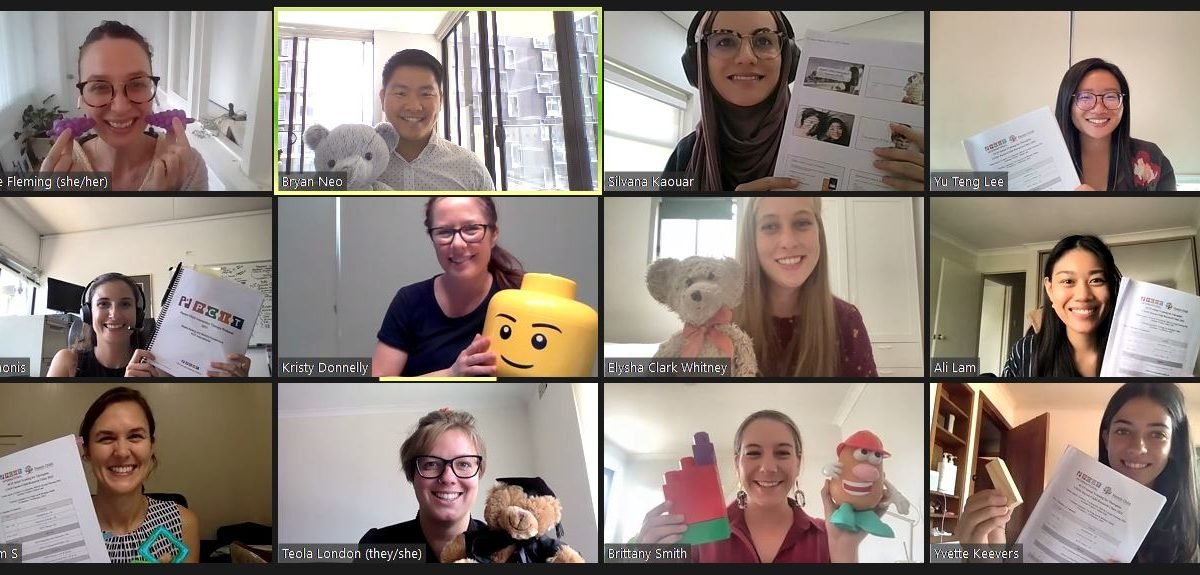
Parent-Child Research Clinic
OUR RESEARCH
The Research arm of the Parent-Child Research Clinic studies how individuals develop antisocial and aggressive behaviour, and callous and psychopathic traits. We are particularly interested in the role of family factors and parenting, and child factors including how children process emotions and respond to stressors. Learn more about our research into understanding how antisocial-aggressive and callous-psychopathic traits develop here.
A second goal of our research is to develop better ways of measuring callous-unemotional traits and related constructs such as empathy and aggression. This will help researchers and clinicians to better identify populations for research studies and to deliver evidence-based intervention.
Our third research goal is to improve outcomes for children with antisocial-aggressive and callous-psychopathic traits by developing targeted treatments using a personalised medicine approach. For the past several years we have been researching an adaptation of an evidence-based program called Parent-Child Interaction Therapy, for young children with conduct problems and limited prosocial emotions (i.e., low levels of empathy/remorse, uncaring attitudes, shallow emotional experience). This adaptation is called Parent-Child Interaction Therapy: Callous-Unemotional Adaptation (PCIT-CU).
A final focus of our research is on reducing barriers to accessing evidence-based treatments for families of young children with disruptive behaviour disorders (oppositional-defiant disorder; conduct disorder; attention-deficit/hyperactivity disorder). We have tested internet-delivered versions of Parent-Child Interaction Therapy (iPCIT) and PCIT-CU (iPCIT-CU), and a school-delivered adaptation of PCIT and PCIT-CU (School PCIT/-CU) involving teachers and learning support staff participating in intervention with their students with disruptive behaviour disorders and their families.
The Parent-Child Research Clinic and its research arm are directed by Professor Eva Kimonis in the UNSW School of Psychology.
To learn more about accessing our clinical services for children with disruptive behaviour problems visit the UNSW Parent-Child Research Clinic webpage.

-

Development
We seek to increase our understanding of why some children fail to properly develop emotions like guilt and empathy and engage in aggressive, delinquent behaviours.
-

Assessment
We are studying, developing, and testing tools for measuring callous-unemotional traits and related constructs such as empathy and aggression.
-

Treatment
We are focused on improving outcomes for children with disruptive behavioural problems by (1) tailoring treatment to the unique needs of children with limited prosocial emotions, (2) involving teachers and learning support staff in treatment to improve outcomes across settings, and (3) reducing access barriers by delivering treatment over the internet and at school.

Transforming Young Lives Through Evidence-Based Early Intervention
The UNSW Parent-Child Research Clinic is pioneering a ground-breaking approach to help young children with severe behavioural challenges, such as conduct and oppositional defiant disorders, particularly those who struggle to show empathy and caring behaviours.
By enhancing and adapting Parent-Child Interaction Therapy (PCIT)—the most effective gold-standard treatment for child mental health problems—we're making a profound difference in the lives of families who often don't respond to traditional programs.
Untreated severe disruptive, aggressive and destructive behaviour in children leads to devastating outcomes: family dysfunction, violence, academic underachievement, psychiatric and physical illnesses, harmful substance use, criminality, and financial difficulties. These issues not only derail individual lives but also cost society over $20 billion annually.
Our innovative School-based PCIT program, co-developed with primary schools in South-West Sydney, is a world-first initiative that unites parents and teachers in a collaborative effort to tackle disruptive student behaviour. This early intervention not only improves student behaviour but also strengthens parent-school partnerships, setting children on a path to success.
With a proven track record, including national recognition, significant enrolments, and impactful outcomes, our program has the potential to change the trajectory of countless young lives, particularly those from disadvantaged and marginalised backgrounds. However, without immediate funding, this life-changing project is at risk of shutting down due to recent policy changes.
Your support will allow us to continue and expand this vital program, reaching more children in need, including those in rural, remote and culturally and linguistically diverse communities. Together, we can build healthier futures for the most vulnerable families and make a lasting positive impact on society.

















